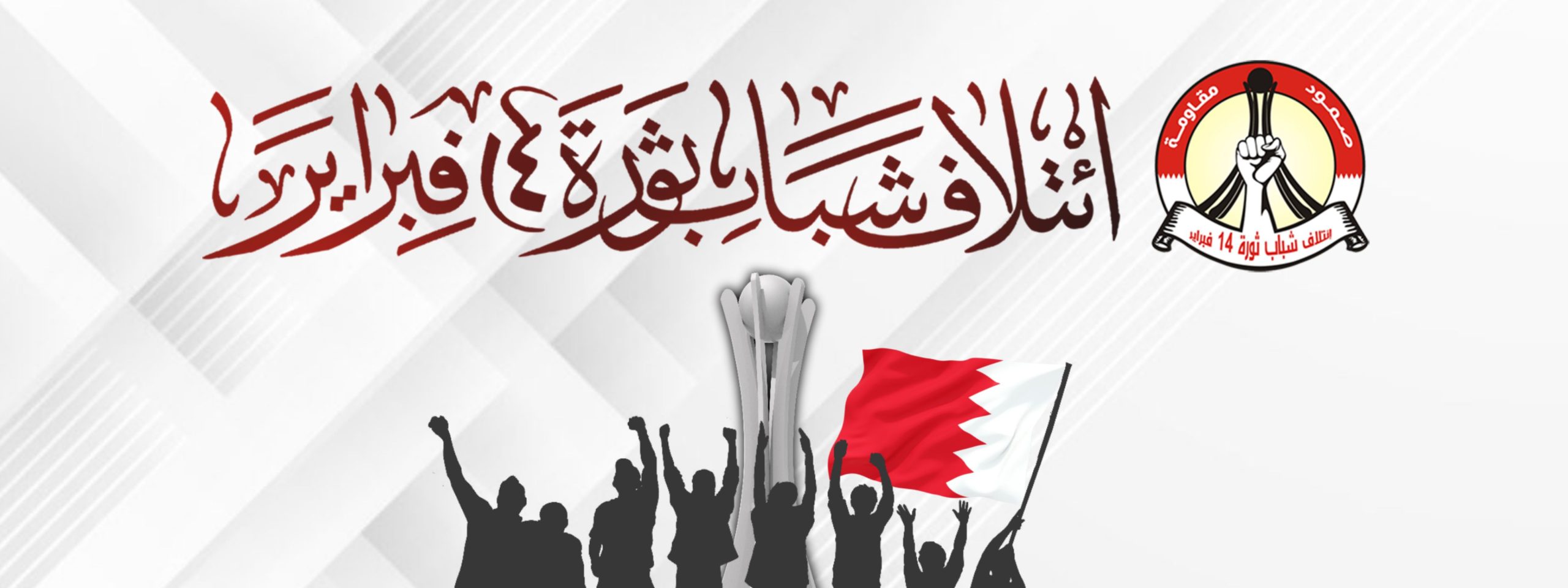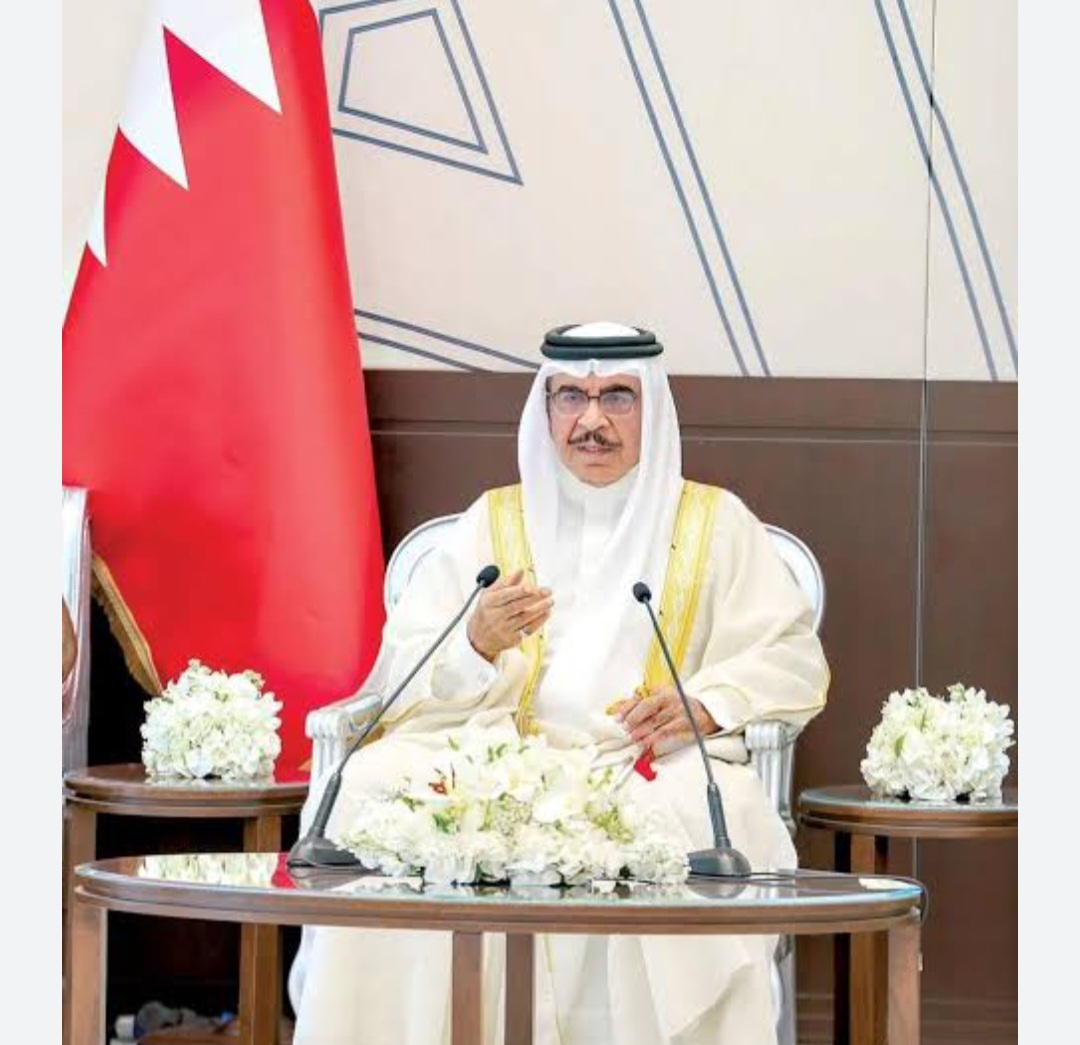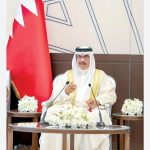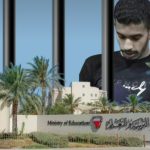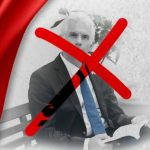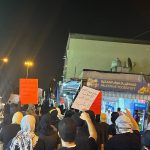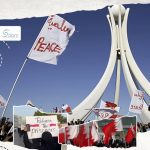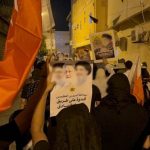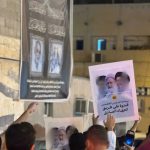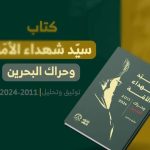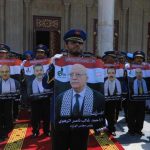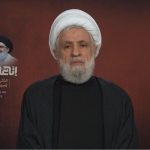Weekly Event (Friday – 26 September 2025):
The Minister of Interior in “Muharraq”.. Repeating the Accusation of Ties Between the Movement and Foreign Powers.. Why?
On 25 September, the Minister of Interior, Rashed Al Khalifa, visited the city of Muharraq — known for its deep-rooted history of struggle and national cohesion. He met with a number of its figures and delivered an extended speech in which he claimed that the meeting came at the direction of the tyrant Hamad and out of keenness to “preserve the citizen’s security,” as he put it.
Although the minister — regarded by citizens as the chief architect of repression and torture in Bahrain — did not disclose the direct reasons for holding the Muharraq gathering, his excessive talk about “strengthening national belonging” and “civil peace,” along with his elaboration on the so-called “political and security challenges” that the [regime] had “handled efficiently,” and his reference to the independence stage in 1973 followed by the National Charter stage in 2001, eventually led him to conclude by claiming that the 2011 events were “a threat coming from outside into the inside.” This conclusion reveals the regime’s continued fears of a popular explosion and of protests spreading across different parts of the country — especially after the courageous national stances expressed by the people of Muharraq and its active forces in confronting normalization and resisting the Zionist-American project on Bahraini soil.
Observers in Bahrain speak of overlapping problems currently plaguing the Al Khalifa regime, which stand behind the Minister of Interior’s return to his usual role of stirring sedition — through regional and sectarian division and the promotion of fabricated allegations of a foreign agenda driving the popular movement (particularly the one that erupted after 2011), despite all the facts that have proven otherwise.
While some analysts point to certain regional developments — notably after the Zionist aggression on Doha and Iran’s reluctance to hasten the resumption of its diplomatic relations with the Al Khalifa regime — others link the meeting to the arrest of citizen Lulwa Al-Binali after she exposed aspects of corruption and sexual blackmail in one of the ministries. She had previously revealed details about the promotion of narcotic pills in government schools, a case tied to the tyrant’s son Khalid Hamad Al Khalifa. The regime fears that Al-Binali’s arrest could lead to discontent within Muharraq, where her prominent family resides.







